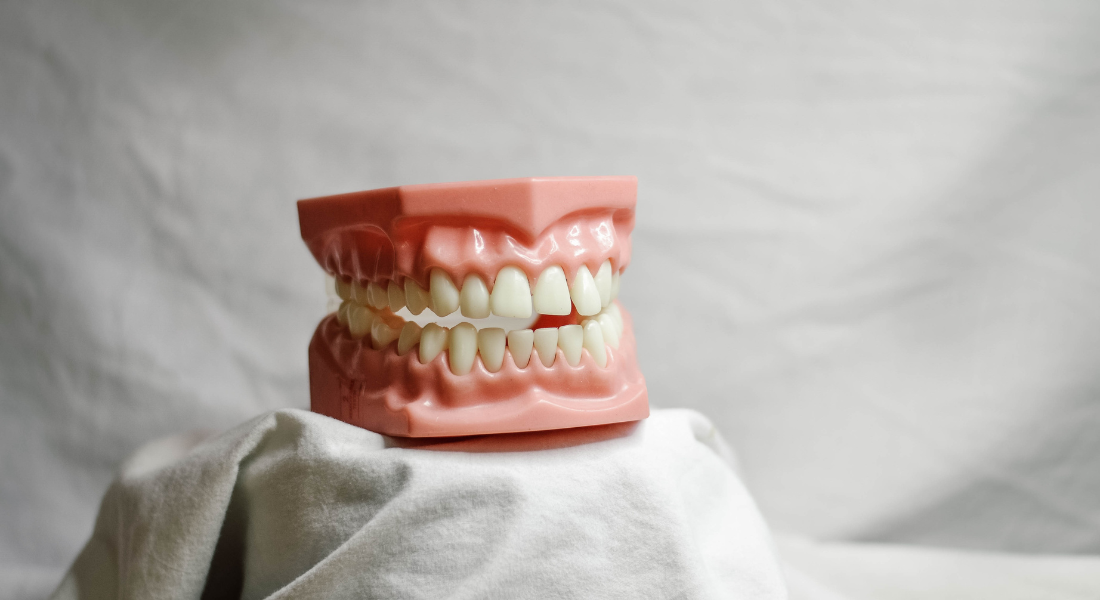Lozenge does not prevent caries, but may help if you already have caries – but there is still a long way to go
A PhD project at the University of Copenhagen has studied the effect of a lozenge on caries and other conditions of the oral cavity. Except for further development of existing caries, the lozenge had no effect on the other parameters of the study. The results have been published in the Journal of Dentistry.

How would you like a lozenge that could help you maintain your oral health? No more brushing, flossing or discomfort.
Unfortunately, scientists still have a long way to go before they can provide such a solution. So, to maintain your oral health and prevent caries, you still need your toothbrush, toothpaste with fluoride, and dental floss.
Nevertheless, researchers continue to work on additional solutions, which was also the aim of a PhD project conducted in collaboration between the Department of Odontology at the University of Copenhagen and Chr. Hansen A/S. A lozenge was tested on children aged five to nine years. Out of the 343 participants, 288 children completed the study. Half of the participants were given the test lozenge (test group), while the rest were given a blank lozenge (placebo group) five to seven times a week for 10-12 months. Several reminders were given to the parents during the test period to ensure that both groups completed the study sufficiently.
The aim of the study was to determine the effect of the test lozenge on the development of dental caries, gingivitis, and dental plaque on the teeth.
Limited effect
The results showed no significant difference between the two groups in terms of caries development and the other parameters. The researchers defined 13 parameters and found no effect on 10 of these parameters.
The study in question is solid research, and it can contribute us by providing a basis for future studies. In the long term, it may contribute to improve oral health, but for now there is no reason to change our practice.
The only significant difference was a slowdown of the development of existing caries among children in the test group. However, this does not imply that the lozenge has a preventive effect or reduces the risk of caries, which a previous press release from the Faculty of Health and Medical Sciences at the University of Copenhagen erroneously concluded.
The effect was measured on primary molars and the first permanent molar and not on the entire dentitions.
The ingredients of the lozenge, which primarily consisted of arginine and lactic acid bacteria, are not a new invention. For instance, arginine has been added to toothpaste. What was unique about the lozenge was its combination of arginine and lactic acid bacteria.
Arginine is an amino acid found in small amounts in saliva, while a variety of lactic acid bacteria are found in daily products. The idea was that the lactic acid bacteria in the lozenge would actively neutralise pathogenic bacteria in the oral cavity.
The study was a well-controlled clinical study that met all requirements to research projects. It was a PhD project, which limited the observation period to approximately one year. To demonstrate a clinical effect on caries, further clinical studies with longer observation periods and more patient groups are required.
Traditional methods are effective
It is central to stress the importance of tooth brushing using traditional methods, according to four of the co-researchers, who were behind the study along with PhD student Camilla Juhl Pørksen.
“Caries is a universal problem. As researchers, we continuously strive to increase our knowledge and understanding of oral diseases. The study in question is solid research, and it can contribute us by providing a basis for future studies. In the long term, it may contribute to improve oral health, but for now there is no reason to change our practice,” Associate Professor Azam Bakhshandeh, Associate Professor Tove Larsen, Associate Professor Merete Markvart, and Professor Kim Ekstrand agree.
So, there is still every reason to brush your teeth. Read the advice from the Danish Dental Association (in Danish) or ask your dentist at your next check-up.
Read the full study here: The effect of a lozenge combining prebiotic arginine and probiotics on caries increment in children during 10–12 months, a randomized clinical trial
